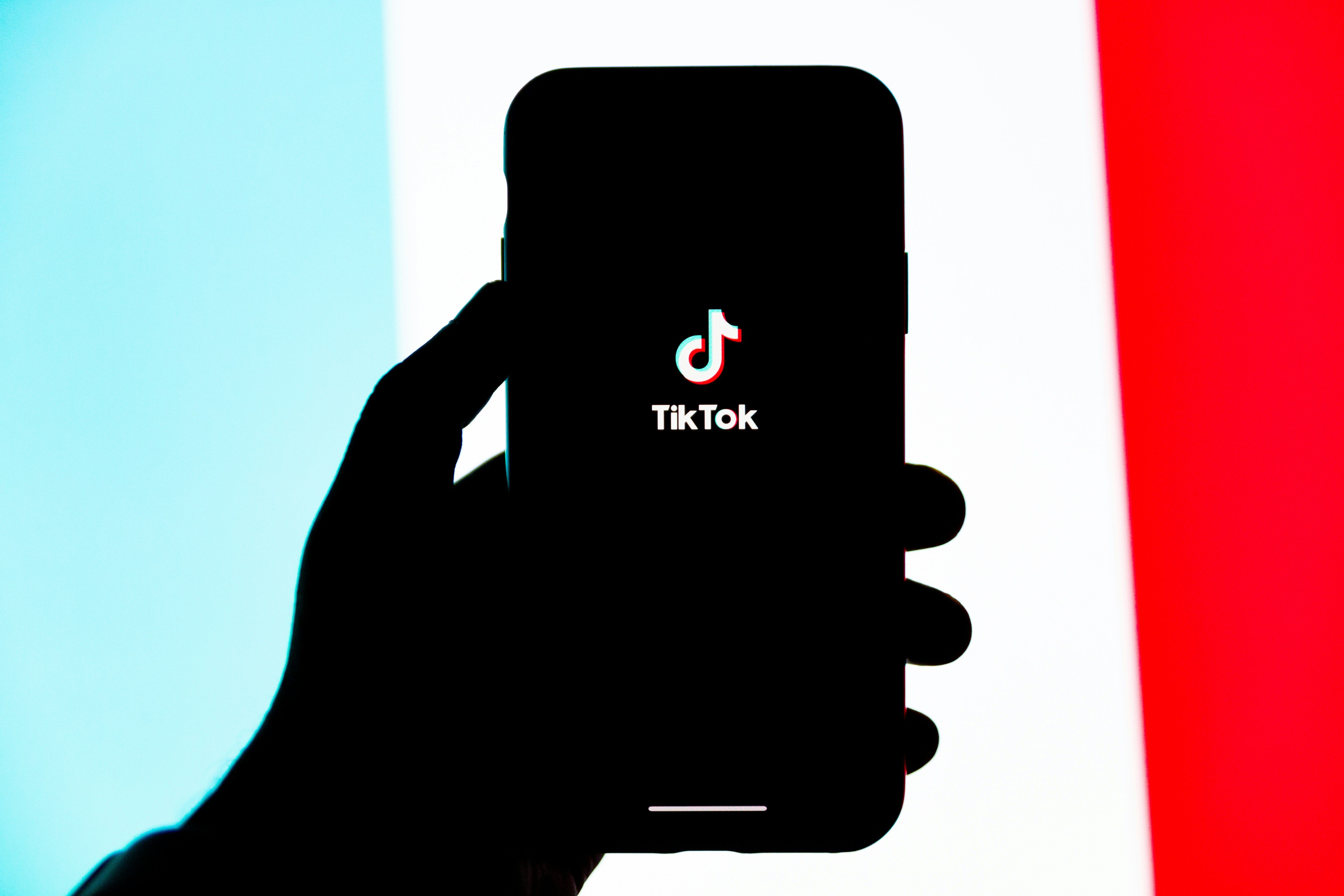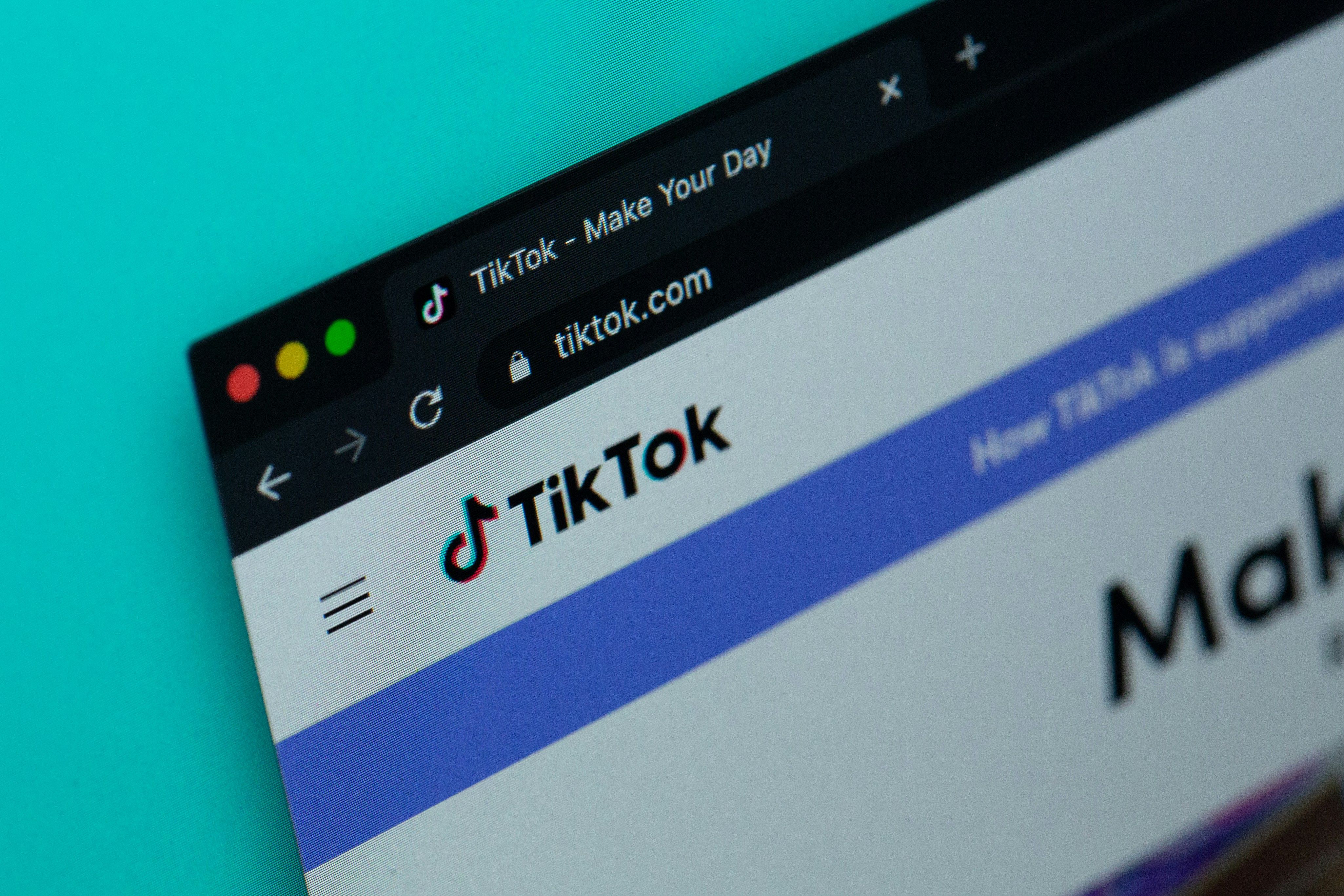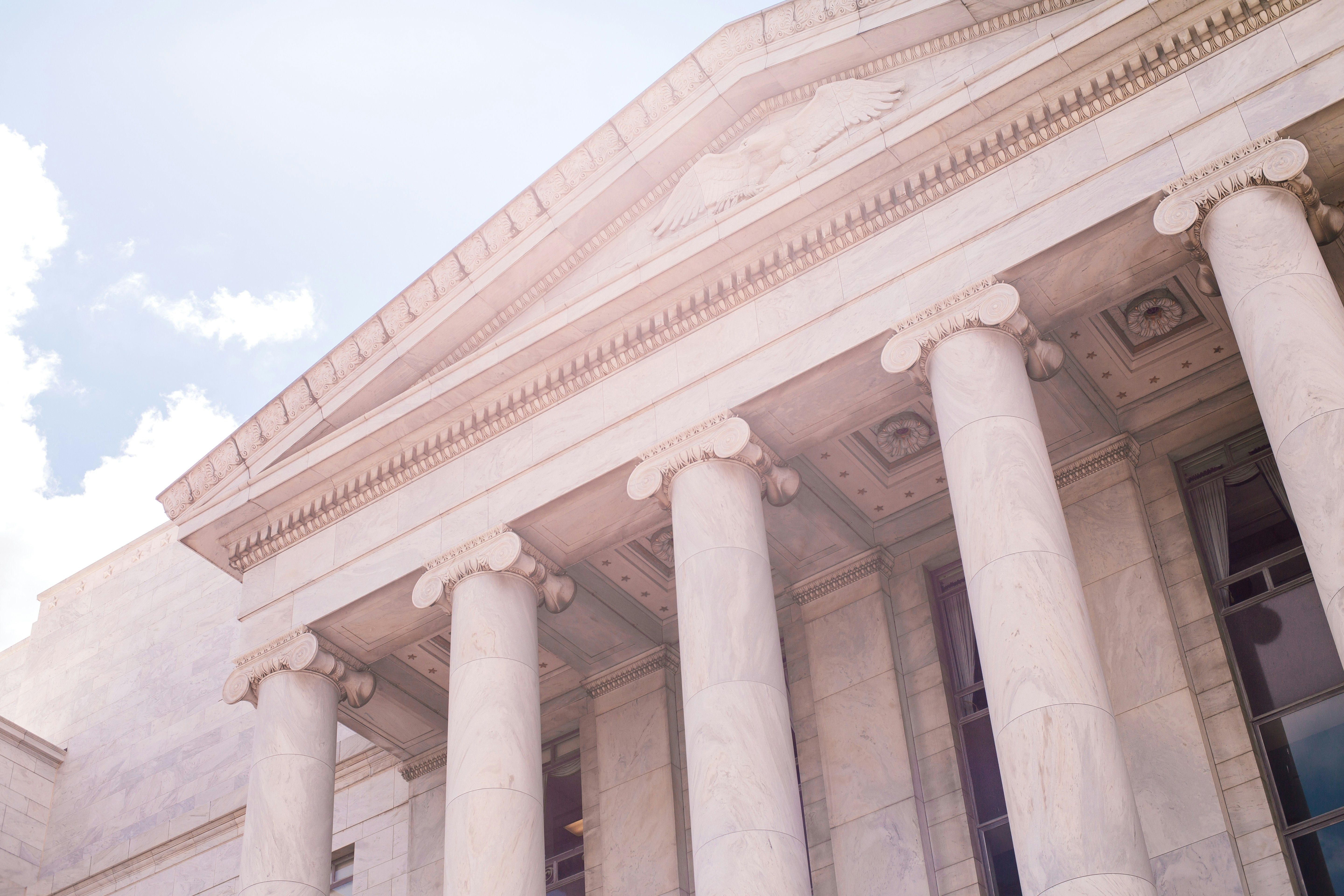TikTok, the popular short-form video app owned by Chinese company ByteDance, has launched a legal battle against the U.S. government to contest a recently passed law that threatens its operations in the United States. The law, signed by President Joe Biden in April 2024, mandates ByteDance to either sell TikTok or face a national ban. This drastic measure stems from long-standing concerns about national security and data privacy issues linked to TikTok's foreign ownership.
This unprecedented legal situation puts TikTok in a precarious position, challenging both the First Amendment rights related to free speech and the national security claims emphasized by the U.S. government. The law, named the Protecting Americans From Foreign Adversary Controlled Applications Act, passed with bipartisan support and poses significant implications for the social media landscape and international business relations.
As TikTok sues the U.S. government, this case not only highlights the tension between innovation and security but also sets a significant precedent for how American lawmakers address concerns related to foreign technology companies operating within U.S. borders.
TikTok's Lawsuit Against the US Government

Photo by Solen Feyissa on Unsplash
Details of the Lawsuit
TikTok's legal battle against the US government commenced with a lawsuit filed in the U.S. Circuit Court of Appeals in Washington, D.C. This action challenges the constitutionality of the Protecting Americans from Foreign Adversary Controlled Applications Act. The law compels ByteDance, TikTok's parent company, to either divest the app to a U.S. buyer or face a nationwide ban. This legislation, signed by President Biden, aims to mitigate national security concerns purportedly tied to the app's Chinese ownership. The lawsuit contends that the act is an "unprecedented violation" of the First Amendment, arguing it unfairly targets a specific platform and restricts free speech across the expansive TikTok user community.
The First Amendment Claims
In its legal filing, TikTok argues that the forced divestiture or ban violates the First Amendment rights of the company and its users. The claim is indicative of the vast reach of the platform, which is part of a global online community numbering over 1 billion. The company asserts that the legislation does not just regulate but effectively eliminates a singular platform for American speech, setting a troubling precedent for selective free speech constraints. Legal experts note the challenge of balancing such First Amendment protections against national security concerns presented by Congress.
National Security Considerations
TikTok’s ownership by ByteDance, a Chinese firm, has raised concerns among U.S. lawmakers about potential data privacy issues and foreign influence, which they deem as national security threats. These apprehensions have been fueled by fears of data mishandling or misuse by foreign governments. However, TikTok has refuted these claims in court documents, stating that the U.S. government has not substantiated these security threats with concrete evidence. The clash between governmental oversight and corporate freedom of expression underpins the ongoing legal debate.
Implications of the Lawsuit for TikTok's Operations in the U.S.

Photo by Solen Feyissa on Unsplash
Potential Outcomes of the Lawsuit
The lawsuit could lead to several outcomes. If the court rules in favor of TikTok, the app may continue to operate without the need for divestiture. Conversely, a decision upholding the law could either force TikTok to be sold to a U.S. company or lead to its ban. Intermediate outcomes could involve prolonged legal battles or temporary injunctions, stalling the enforcement of the law. Regardless of the decision, it is likely the case could ascend to the U.S. Supreme Court, given the significant constitutional questions and national interests involved.
Impact on TikTok Users and Creators
For TikTok's vast user base and creators, the lawsuit’s outcome could significantly impact their daily engagement and commercial activities. A ban could disrupt the connection to millions, while a forced sale might alter the platform’s operational dynamics, potentially affecting the content algorithm and user interface. Creators, particularly those who rely on TikTok for income through brand partnerships and advertising, could find their earnings and audience reach substantially affected.
TikTok’s Algorithm and Data Security
The core of TikTok’s appeal is its highly personalized content delivery algorithm. Any forced sale or restructuring could necessitate changes to this algorithm, especially if legal stipulations restrict the transfer of this technology to foreign ownership, as Chinese regulations might inhibit the export of such artificial intelligence capabilities. Moreover, the ongoing litigation could either stall or accelerate TikTok’s efforts to enhance data security measures to assuage government concerns, an endeavor previously seen in the "Project Texas" initiative which aimed at isolating U.S. user data from foreign access.
Legal and Political Context Surrounding the Lawsuit

Photo by Eyestetix Studio on Unsplash
Historical Attempts to Ban TikTok
Efforts to ban TikTok have been ongoing since 2020, initially under former President Donald Trump's administration. Trump issued an executive order aiming to prohibit the social media platform, citing national security concerns due to its Chinese ownership. Although this attempt was unsuccessful, the issue continued to resonate, leading to the recent bipartisan legislation under President Joe Biden's administration. This new law mandates ByteDance, TikTok's parent company, to either sell the app or face a national ban. Despite extensive efforts by TikTok to mitigate these concerns through initiatives such as "Project Texas," which aimed at enhancing U.S. user data protection, legislative actions advanced.
Congressional and Executive Branch Responses
The Protecting Americans from Foreign Adversary Controlled Applications Act, which President Biden signed into law, encountered broad bipartisan support in Congress. This legislation reflects a unified response from both the executive and legislative branches concerning the potential threats posed by foreign-owned applications like TikTok. Key lawmakers and committees have expressed strong national security concerns, prompting this rigorous legislative move. The act outlines that ByteDance must divest TikTok's U.S. operations within a specified timeframe or face operational prohibition in the country.
Public and Legal Expert Opinions
The public reaction and expert legal analyses have been mixed regarding the potential ban of TikTok. Legal experts highlight the need to balance First Amendment rights against national security risks, presenting a complex legal challenge. Moreover, public opinion varies with a significant portion of TikTok's user base advocating against the ban, emphasizing the platform's role in creating a vibrant online community. Conversely, some agree with the government's stance on the potential data security risks associated with the app's Chinese ties.
The challenge posed by this lawsuit is substantial, as it confronts fundamental constitutional issues involving free speech and precedents regarding national security. Legal scholars argue that this situation is unusual due to the law explicitly targeting a single company, raising questions about its fairness and legality. The outcome of this legal battle could potentially affect the operations of international companies in the U.S. significantly, making this a landmark case. As the proceedings unfold, the balance between freedom of expression and national security continues to be at the heart of this critical debate.






